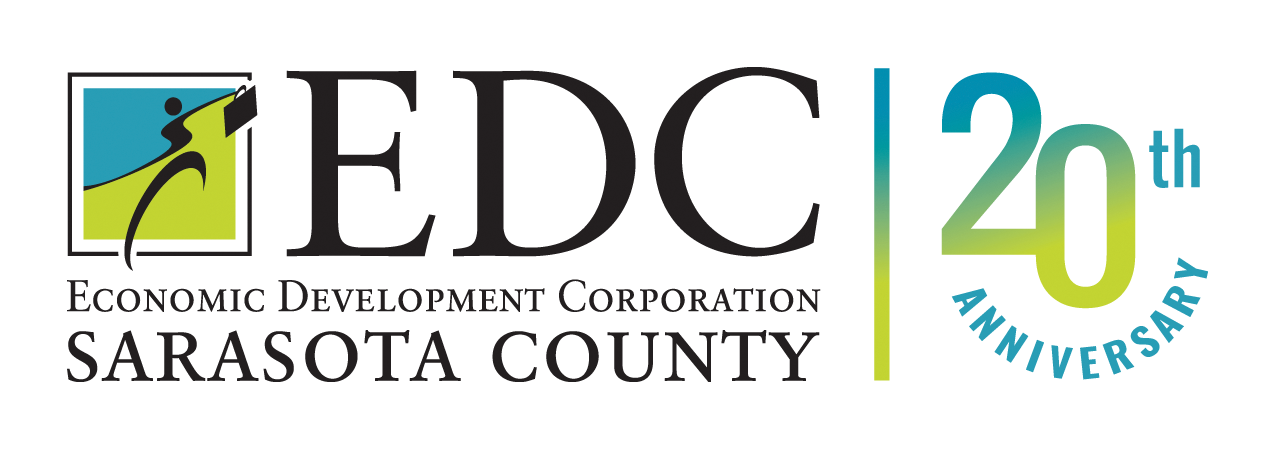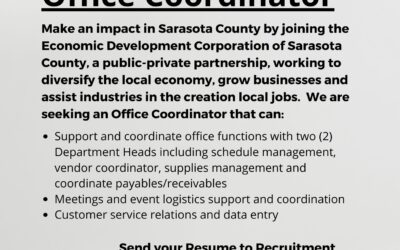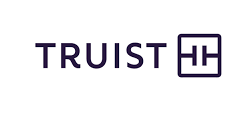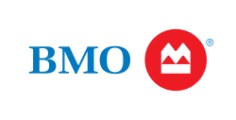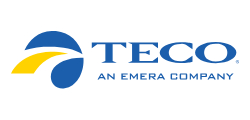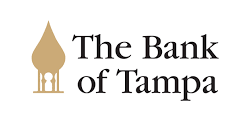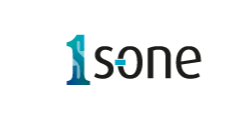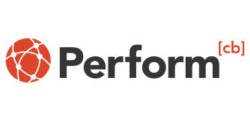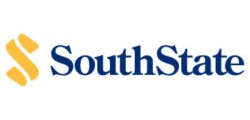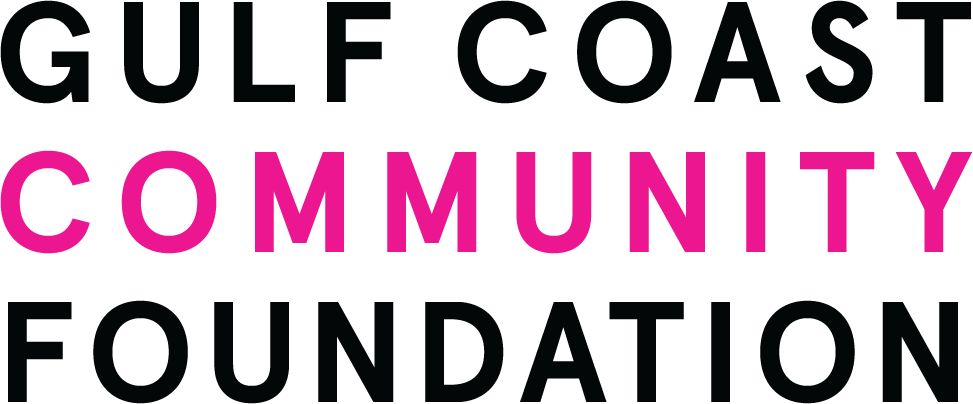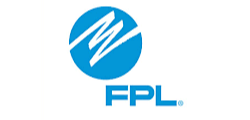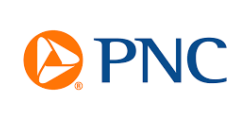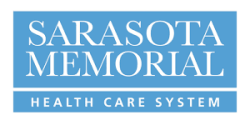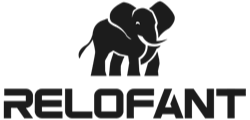COVID-19 Relief Act
The Consolidated Appropriations Act, 2021, was signed into law on Dec. 27, 2020.

The law includes over $300 billion in additional coronavirus aid for small businesses. Here’s what the law includes:
Paycheck Protection Program (PPP)
PPP Second draw application can be found here
- $284.45 billion appropriated in latest round of PPP (program total authorization rises to $806.5 billion lifetime) and includes a number of carve-outs:
- $35 billion set aside for first-time borrowers
- $25 billion is set aside for smaller organizations with 10 employees or less or loans less than $250,000 in low-income areas.
- $15 billion in guarantees for CDFI’s and MDI’s to participate in the program
- Establishes 2nd Draw criteria:
- Max loan amount of $2 million
- For organizations with less than 300 employees
- Must have used or will use the full amount of first PPP loan
- Must show at least a 25% reduction in revenue in the first, second, or third quarter of 2020 as compared to the same period in 2019; applications submitted on or after January 1, 2021, may use a fourth quarter 2020/2019 comparison
- 60/40 cost allocation between payroll and non-payroll costs to receive full forgiveness remains the same for 2nd Draw
- Increases the PPP loan amount for NAICS 72 businesses (Accommodations and Food Service)
- Creates a simplified PPP loan forgiveness application for loans under $150,000 dollars whereby the borrower signs and submits a one-page certification that requires the borrower to list the loan amount, the number of employees retained, and the estimated total amount of the loan spent on payroll costs
- Makes eligible 501c6s, destination marketing organizations (DMOs), housing cooperatives, newspapers, broadcasters, and radio stations
- 501(c)6 organizations are eligible to participate, including economic development organizations that are registered as 501(c)6 organizations, if:
- Less than 300 employees
- Not more than 15% of gross receipts from lobbying activities
- Not more than 15% of organization activity constitutes lobbying
- Not a professional sports league or political campaign or activity
- Effective date is ‘as if it were included in the CARES Act’, meaning 501(c)6 organizations are effectively retroactively eligible
- Repeals the CARES Act provision that requires PPP borrowers to deduct their EIDL Advance from their PPP loan forgiveness amount
- Program extended until March 31, 2021
- Tax issues resolved:
- Gross income does not include any forgivable amount of the PPP loan
- Deductions are allowed for deductible expenses paid for by any forgiven amount from PPP loan
- PPP loan is not taxable
- Eligible uses formally expanded:
- Covered operations (software, tech, human resources, etc), covered property damage (associated with ‘disturbances’ happening during 2020), covered supplier costs (supplies, inventory, etc), covered health and safety expenses (PPE, testing, etc) were further clarified as eligible uses of PPP loans and eligible for forgiveness
- Benefits such as life insurance, disability insurance, vision and dental were also clarified to be eligible covered expenses
- Borrower may select their covered period end date, between 8 and 24 weeks after origination
Economic Injury Disaster Loan (EIDL)
- Provides $20 billion dollars to restart and extend the SBA’s EIDL Advance Grant for small businesses
- EIDL Advance grantees that received less than $10,000 dollars to reapply for the difference between what they received and the maximum EIDL Advance Grant of $10,000
- Prioritizing business who:
- Are eligible for New Market Tax Credits
- Have 300 or fewer employees
- Can show a 30% reduction in gross receipts for an 8-week period between 3/2/20 and 12/31/20
- Prioritizing business who:
- Increases verification tools at the SBA to ensure accurate information is submitted on a grant application
Employee Retention Tax Credit
- Refundable, advanceable tax credit for wage expenses incured in the 1st and 2nd quarters of 2021
- Expands the credit to 70% on $10,000 in wages per quarter (or a maximum $14,000 per employee through June 30th)
- Eligibility expanded to include employers who experienced a decline of more than 20% of gross receipts in a quarter compared to the same quarter in 2019.
- Employee cap is now 500
- A business can receive the tax credit and a PPP
- Learn more with the U.S. Chamber of Commerce Guide to the Employee Retention Tax Credit
Shuttered Venue Operators Grant
- $15 billion dollar grant program for eligible venues, theaters, museums, and zoos
- Grants to live venue operators that can demonstrate significant loss
- Up to 45% of budget or $10 million grant
Debt Relief
- Provides $3.5 billion to resume the principal and interest (P&I) payments of new and existing small business loans guaranteed by the SBA under the 7(a), 504, and Microloan programs
7(a), 504, and Microloan Program Enhancements
- Supplies $2 billion dollars to enhance the SBA’s existing government guarantee loan programs, including the 7(a) Loan Program, the 504 Loan Program and the Microloan Program
- Waives borrower and lender fees within the 7(a) and 504 loan programs
- Increases the 7(a) loan guarantee to 90%
- Extends the $1 million dollar loan limit for SBA Express Loans
- Establishes a 504 Express Loan Program
- Enhances the Microloan program in order to provide financial and technical assistance to businesses impacted by the COVID-19 pandemic
- Major enhancements to the SBA 504 loan program: Read more from the Florida First Capital Finance Corporation
Emergency Capital Investment Program – Treasury
- A new program serving minority depository institutions (MDIs) and community development finance institutions (CDFIs) that are depository institutions
- $9 billion in appropriations; $4 billion set aside for institutions with less than $2 billion in assets; $2 billion set aside for institutions with less than $500 million in assets
- Long-term, low-cost capital investments for institutions who have a plan to significantly increase lending or investment activity in LMI minority communities
Unemployment Insurance
- Pandemic Unemployment Assistance (PUA) is extended until March 14, 2021
- PUA number of weeks of eligibility is extended to 50 weeks
- Pandemic Emergency Unemployment Compensation (PUEC) is extended until March 14, 2021
- PUEC eligibility is extended from 13 weeks to 24 weeks
- Federal Pandemic Unemployment Compensation is reinstated at $300 per week from the week after December 26, 2020 and runs through March 14, 2021
Stimulus Payments
- $600 to individuals earning $75,000 or less per year and plus an additional $600 for every dependent child
- Decreasing amounts for those earning $75,001 or more at a rate of -$5 for every $100 over the earning limit
Education
- $22.7 billion for Higher Education Emergency Relief Fund, including $1.7 billion for HBCU’s, tribal colleges and universities, and hispanic serving institutions
Housing
- $25 billion for rental assistance
- Eviction moratorium extended to January 31, 2021
Transportation
- $2 billion for aid to airports, include airport retail
- $10 billion for highways for states to replace lost revenues that would support maintenance, operations, personnel, etc.
- $14 billion for mass transit operations
Transportation
- $2 billion for aid to airports, include airport retail
- $10 billion for highways for states to replace lost revenues that would support maintenance, operations, personnel, etc.
- $14 billion for mass transit operations
Looking for more information? Read the U.S. Chamber of Commerce Guide to Small Business COVID-19 Emergency Loans, What Small Businesses Need to Know About the New Pandemic Relief Package – Changes to PPP and More.
See the full act
COVID-19 Resources
Explore business and employee resources that will help you navigate these uncertain times.
Invest in Sarasota County
The EDC of Sarasota County diversifies our local economy and helps create jobs for Floridians. Investing in the EDC empowers us to grow our economy and attract more business to our region.
Latest News
EDC Edge | February 2024
To view EDC Edge | February 2024 via Constant Contact, click here. An Update From the...
Around the Chair Advisors Roundtable
Last week, several Investors joined the EDC of Sarasota County’s team for an exclusive Chair...
We’re Hiring!
Organization Overview The mission of the Economic Development Corporation of Sarasota County is to...
